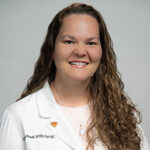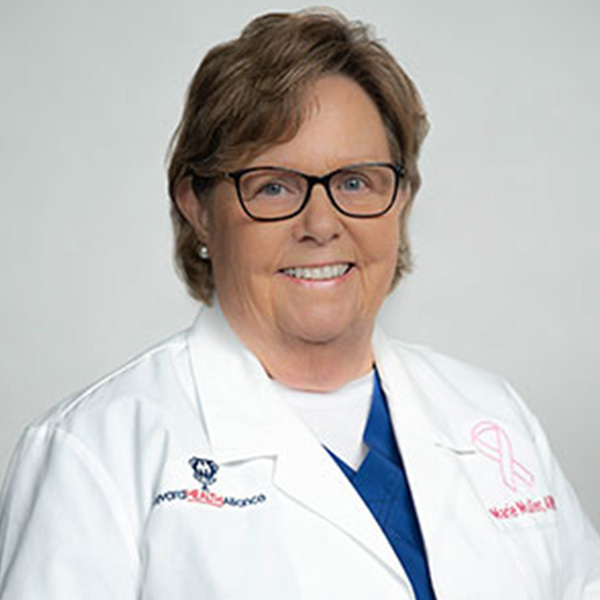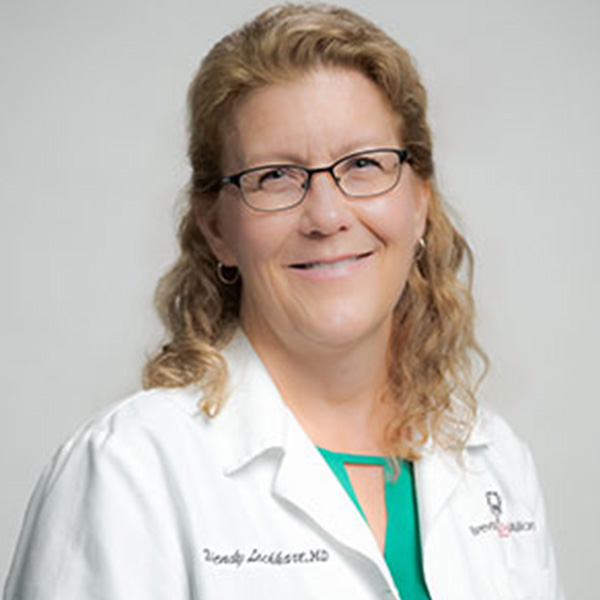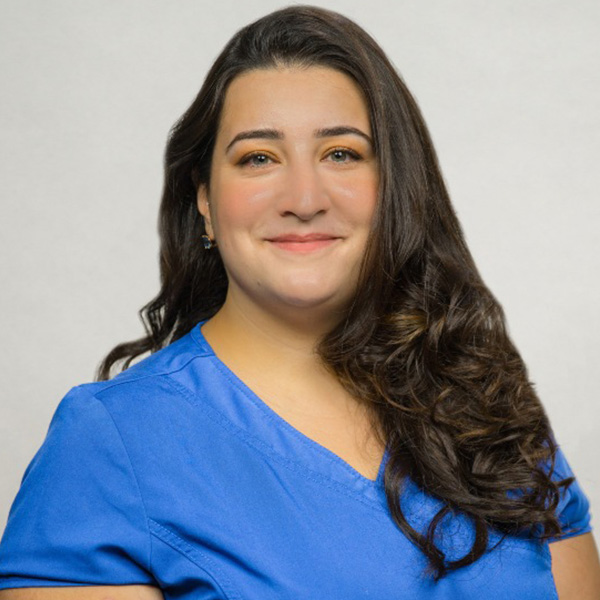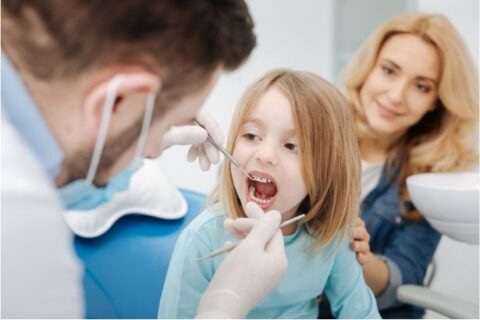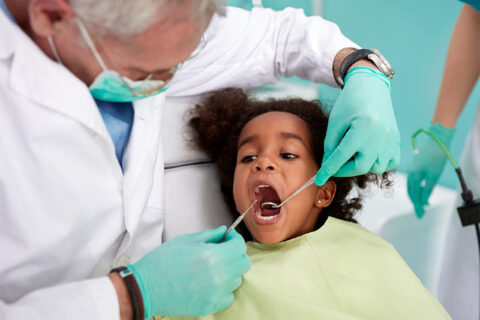Back to School Well-Checks
During a back to school well-check, your child receives a thorough examination by a Brevard Health Alliance pediatrician involving administration of immunizations when necessary, tracking of growth and development to ensure your child is physically and cognitively where they should be at their age and evaluation of vitals such as blood pressure and heart rate. During a child’s well-check, we also encourage parents to talk about any concerns they may have about their child’s health with the pediatrician. Regularly bringing your child to BHA for check-ups before school beings not only establishes strong relationships among your child, your pediatrician and you but also safeguards your child against infectious diseases and optimizes your child’s ability to thrive in school and at home.
What Your Child Can Expect During a Back to School Well-Check
Your pediatrician will check your child’s height and weight and evaluate the results against a standardized growth chart. Children over 12 may have their blood pressure taken since blood pressure readings could detect problems with the heart, liver or kidneys. Hearing, vision and reflexes are also tested. Parents will be asked about their child’s sleep habits diet, level of physical activity and social behaviors. Parents should bring up any concerns they have about their child’s physical, cognitive or psychological health during a back to school well-check.
Childhood Immunizations
All children should adhere to the immunization schedule established by the U.S. Centers for Disease Control. By age 13, all children should be up-to-date with the following vaccinations:
- Chickenpox
- Diphtheria
- Measles/mumps/rubella (MMR)
- Pertussis (whooping cough)
- Polio
- Tetanus
In addition to the World Health Organization, the Centers for Disease Control, the American Medical Association, the Food and Drug Administration and the American Academy of Pediatrics have all stated that vaccines are “just some of the many, live-saving medical products available” to children and adults in the U.S. Additional vaccinations to protect children from infectious diseases are also available that are elective. Talk to your pediatrician about whether your child should receive further immunizations.
Back to School Vision Care
The most common childhood refractive errors are farsightedness, nearsightedness and astigmatism. These vision problems are easily treated by an eye doctor prescribing glasses or contact lenses (for older children). Vision tests for children include picture/alphabet eye charts, physical inspection of the eyelids and eyes and corneal reflex testing to ensure the cornea focuses light correctly on the retina. Most vision problems are asymptomatic (meaning the only symptom is a gradual reduction of clear vision) and children can’t discern whether they are having difficulty seeing until they enter school. In most cases, children experiencing academic difficulty early in their school career simply need their vision checked and corrective lenses prescribed.
Back to School Dental Care
Brevard Health Alliance urges parents to have their child’s teeth and gums examined by a pediatric dentist twice a year. Oral bacteria called “anaerobic bacteria” can dissolve tooth enamel, cause cavities and promote gum disease (gingivitis). Conditions that contribute to oral disease include lack of saliva (dry mouth), constant breathing through the mouth due to allergies or recurring respiratory illnesses and untreated tooth decay. Diets high in sugar and carbohydrates will increase the risk of children suffering cavities and gingivitis. Fungal infections of the mouth like thrush also contribute to tooth decay in children.
If your child has chronic halitosis (bad breath), he or she may have tonsil stones lodged in their tonsils. Tonsilloliths (tonsil stones) cause bad breath if dissolve or are chewed by a child. Your dentist can remove tonsil stones easily using a water pik or other dental tool. Children suffering tonsillitis frequently may have tonsil stones. Tell your pediatric dentist if your child has had bouts of tonsillitis in the past or has bad breath all the time no matter how much the child brushes.
Scheduling a back to school well-check for your child is one of the best preventives for keeping your child healthy and growing normally. Call Brevard Health Alliance today to make an appointment before school starts this year.
































